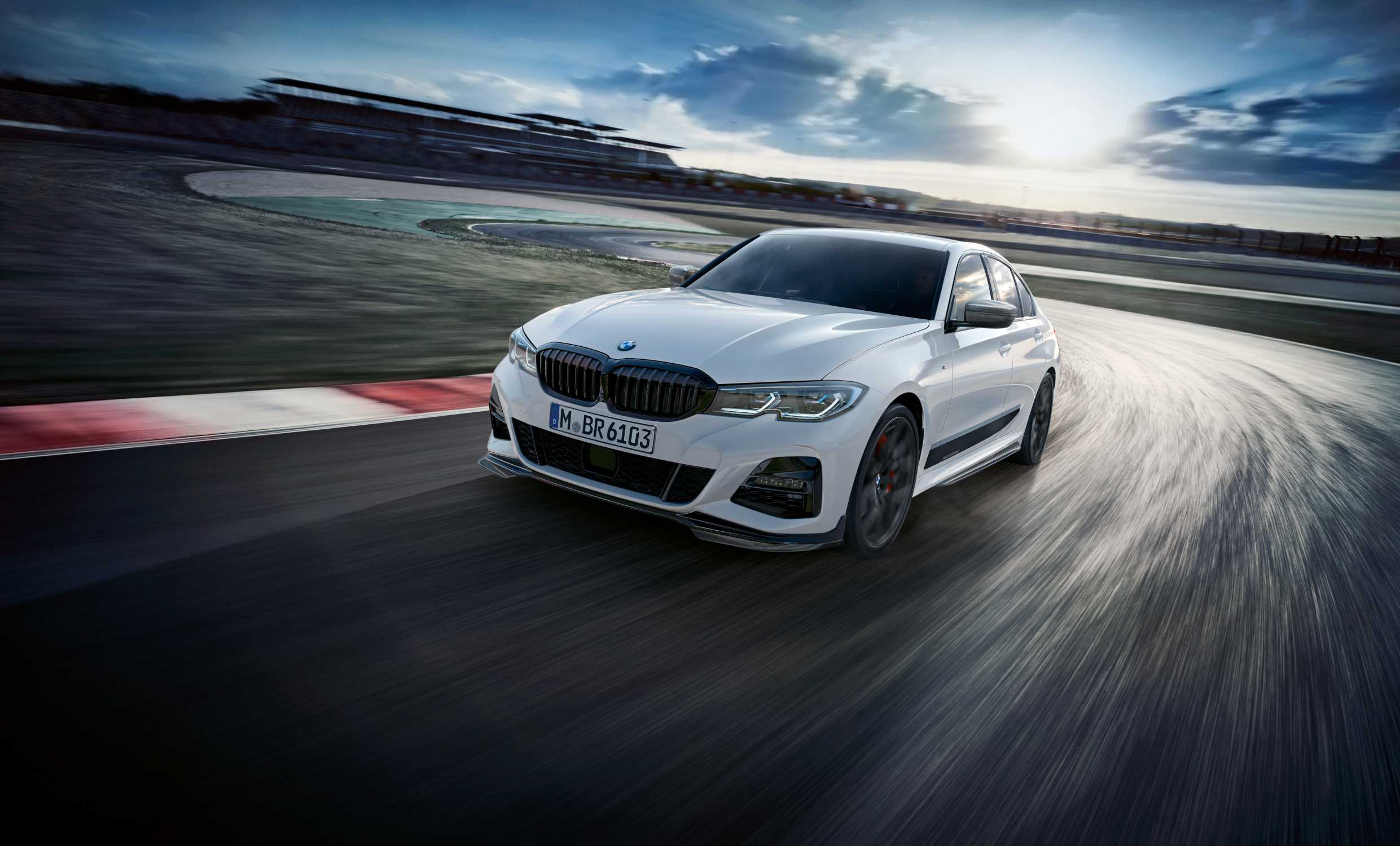
Choosing the Right Parts For Your BMW
As a car owner, you want to ensure your BMW maintains its exceptional performance. Choosing the right parts and accessories is key to achieving this goal.
When it comes to replacing BMW auto parts, drivers often find themselves deciding between OEM and aftermarket products. But how do you know which option is the best?
Genuine BMW Parts
Whether your car is in for service at our dealership near Roselle and Prospect Heights, or you’re doing the work yourself, genuine BMW parts are the best choice. These are the same parts that were used when your car rolled off the assembly line, and they meet strict engineering standards to ensure a perfect fit and optimal performance.
Though BMW makes some components in-house, they don’t manufacture most of the parts that go into parts for bmw their cars. Instead, they contract with dozens of manufacturers to produce them for them, and many of these companies are considered OEM suppliers. For example, BMW doesn’t make your shocks, they hire Bilstein or Sachs to do that. Similarly, BMW doesn’t make your alternator, they contract with Valeo or Bosch to do that.
In these cases, the OEM parts are just as good as a genuine part, and they usually cost less. However, there are instances where genuine BMW parts make the most sense, like with an engine component or an interior piece. When you purchase a genuine BMW part, you get the peace of mind that comes with knowing that the product you’re getting is backed by the same level of quality as the original, and that it’ll be easy to install in your vehicle.
Another great benefit of purchasing BMW genuine parts is that they typically come with a warranty, which provides you with extra peace of mind. In contrast, aftermarket parts may not have a warranty at all, or they might be backed by a much shorter warranty.
OEM Replacement Parts
BMWs are some of the most durable cars on the road, but that doesn’t mean they don’t need replacement parts from time to time. Choosing between OEM parts and after-market parts can be tricky, but understanding the differences can help you make the right choice.
OEM replacement parts are made by a trusted manufacturer, specifically for a particular car model. These parts meet a high standard of quality, and they can be relied upon to provide optimal performance. In addition, they are often less expensive than after-market parts.
After-market parts, on the other hand, are produced outside of a contract with an automaker. They may be cheaper than OEM parts, but they are not held to the same standards of quality and reliability. This is not to say that all after-market parts are bad; some are actually superior to OEM parts in certain situations.
When it comes to your BMW, you should always choose OEM parts when possible. Not only will they be more reliable, but they’ll also help to preserve your car’s resale value.
Additionally, using after-market parts may void your warranty. OEM parts, on the other hand, are guaranteed to be compatible with your car and will not void any existing warranties. So, whether you need new brake pads or a new alternator, make sure to buy genuine BMW replacement parts.
Aftermarket Parts
BMWs are among the most coveted automotive brands in the world, and they’re built upon a foundation of rigid performance standards. That’s why, when it comes to repairs and replacements, it’s important to use only the best parts. At Patrick BMW near Roselle and Prospect Heights, we recommend using only OEM BMW parts for your vehicle’s repair and maintenance needs. This will ensure that your car stays at the top of its class.
OEM auto parts are made directly by the car manufacturer. On the other hand, aftermarket parts are made by third-party companies. The main difference between these two types of auto parts is that OEM parts are designed specifically for your BMW model, while aftermarket parts may be designed for multiple models. This leads to a higher risk of ill-fitting parts that could potentially compromise your safety and the overall quality of your BMW.
However, if you’re looking to save money on your BMW maintenance costs, aftermarket parts are an acceptable alternative. But remember that they’re also not as parts for bmw well-suited for your BMW, which means that they may have different design goals and could compromise the performance and longevity of your car. This is especially true when it comes to aftermarket parts that are designed for performance upgrades. This kind of product will have a strong focus on speed and power, but it’s not as concerned about things like durability and noise.
Part Numbers
The BMW part number system might appear complex or intimidating, especially if you are not familiar with it. However, once you understand it, it will become an extremely useful tool for the owner of a BMW who likes to perform regular maintenance and repairs on their own.
The first three digits of a BMW part number indicate the segment or model series, while the last seven digits make up a unique identifier that is exclusive to each individual part. While some BMW parts can be located by using the group and sub-group numbers, the majority of them require the entire eleven digit sequence.
If you are looking for a replacement part, the best way to locate it is by entering its BMW part number into a search engine such as FCP Euro. These engines will not only show you the exact part that is needed, but they will also display a picture of the part for reference.
Body Electrical. Wiring harness, ground straps, relays, fuse box etc.
